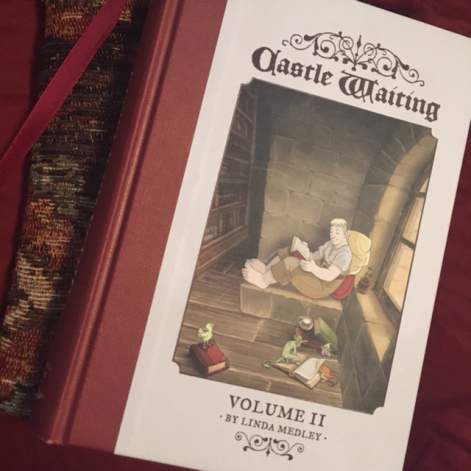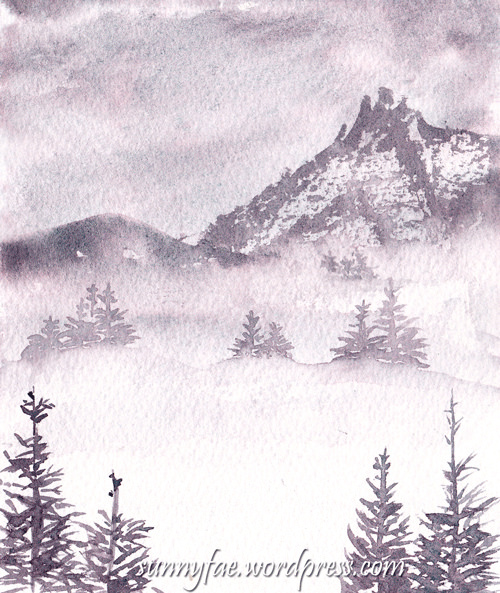 “Birdcage Walk” is a novel I have wanted to read it since it came out. Then my mum lent me her copy and a few days later, when Mike was shopping, he rang me from the supermarket to ask if I wanted him to buy it for me.
“Birdcage Walk” is a novel I have wanted to read it since it came out. Then my mum lent me her copy and a few days later, when Mike was shopping, he rang me from the supermarket to ask if I wanted him to buy it for me.
I wish now that I had said yes, as this is a book that I would definitely want to keep. Not only is it set in Bristol, one of my favourite cities, but I know Birdcage walk well, as it is close to where I went to school. The path through the disused graveyard sparked my short story “Angels’ Wings” and like Helen Dunmore, the city and its history, have inspired a number of my novels, particularly “House of Shadows”.
“Birdcage Walk”, however, has a depth and quality to which I can only aspire. It tells the story of an unknown woman writer, Julia Fawkes, well known in her lifetime for her radical views, but now completely unknown. Nothing she wrote has survived, which gives rise to the question of what writers, especially women, can expect to leave behind them.
Julia is mourned by her daughter Lizzie and it is through her eyes that we see the world of radical thinkers to which Julia and her circle belong and the way in which they struggle with the moral and ethical consequences of the French Revolution.
Lizzie has removed herself form their circle, to marry a man, whose values are in complete opposition of her mother and stepfather. At first totally in love with Diver, she gradually begins to see that there is a darkness in her husband, which will threaten everything she knows and loves.
The gradually rise in tension is almost unbearable. The details of eighteenth century life vivid, yet unobtrusive, the images of the terrace of houses rising up above the Gorge, symbolic of the themes of the novel.
The book is at once a psychological thriller, a historical novel and a treatise on legacy and loss. What makes it all the more poignant is that this is Helen Dunmore’s last novel. In the Afterword, she writes,
“The question of what is left behind by a life haunts the novel. While I finished and edited it I was already seriously ill, but not yet aware of this. I suppose that a writer’s creative self must have access to knowledge of which the conscious mind and the emotions are still ignorant, and that a novel written at such a time, under such a growing shadow, cannot help being full of a sharper light, rather as a landscape becomes brilliantly distinct in the last sunlight before a story.”
Helen Dunmore died in June 2017.
Advertisements Share this:





